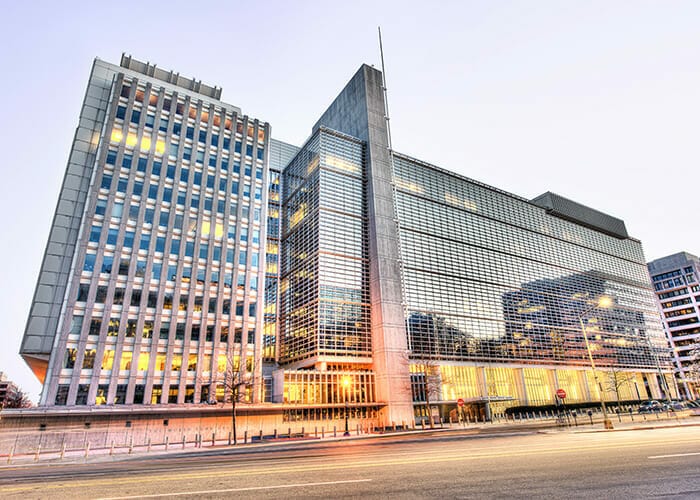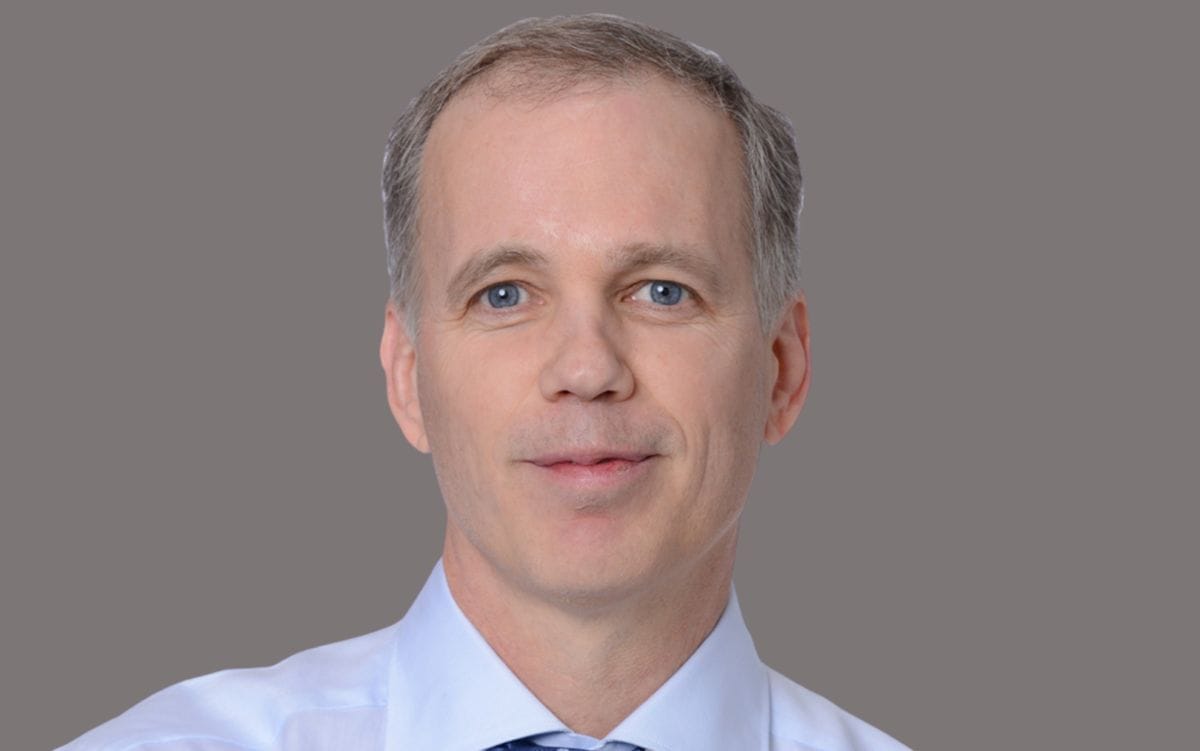The chair of the International Forum of Sovereign Wealth Funds, Adrian Orr, says organisations that can play a role as clearing houses could help pave the way for large-scale capital investment in emerging-market infrastructure projects.
Speaking at the World Bank’s Maximizing Finance for Development event in Washington on October 14, Orr said there is “a wall of capital” seeking to invest in emerging-market infrastructure, but funds face obstacles to allocating it.
“At the moment, we cannot move global capital, large capital, into small, heterogeneous projects – it’s just too hard,” Orr said. “Fund managers are lazy. We like to plug and play, we don’t like to have to actually be on the ground and do hard work, so that’s why we need people like the World Bank, the International Finance Corporation, the International Monetary Fund, to act as clearing houses for us.”
Orr, who is also chief executive of the $NZ35.7 billion ($25.2 billion) New Zealand Superannuation Fund, said frontier and emerging markets are “a fantastic source of opportunity for large, long-term investors”.
He said the markets’ underlying economics, demographics, pace of urbanisation and increasing middle-class incomes, coupled with challenges posed by climate change, make them “a very opportunistic place for long-term capital to come”.
“Likewise, on the demand side, there is a real need for that infrastructure investment – but the two [sides] can’t meet at the moment,” he said. “They can’t meet at scale, which is a terrible situation, and I applaud the World Bank and the leadership they’re taking for acting more as a clearing house for these types of opportunities.”
Investor wish list
Orr said he is optimistic that capital can be connected to demand effectively.
“This capital wants to invest,” he said. “It’s simple, not easy. The simple part is, we need to communicate better. You asked what we’d need to see as global investors. [We need] a pipeline of large-scale opportunities, one where we are invited to be part of those opportunities, so there’s a risk sharing, and an invitation…to be involved.”
Orr said creating genuine partnerships, with “mutually assured embarrassment” if things go awry, is vital. He argued that the risk of infrastructure projects should be “carved up” and appropriately allocated to relevant parties to the investment.
“All investors are different, but you can carve the risk up,” he said. In addition, “I think a really important part from the demand side for this capital is that investors need to be invited, in a safe manner.
“By invited in, [I mean] you are going to have to give up some of the returns that you think belong to your country if you want third-party capital. It is not free capital, it is being invested to maximise return over the long term, and you need partnerships and you need mutually assured embarrassment if these projects go wrong.
“And standardisation,” he said. “I know it sounds dull, but the ability to plug and play, the ability just to get that capital allocated.”
Orr said developing nations seeking external capital should “get your fiscal plans sorted, understand which bits you want filled from third-party capital, then talk to those parties”.
“Don’t just say, ‘Hey, here is a project’,” he urged. “That just will not work on the way through.”
Sovereign development funds
Orr said the task of funding developing-market infrastructure projects would be aided by the continuing success of sovereign development funds established to co-invest with third-party capital.
“They’re in Ireland, Turkey, Angola, Nigeria, Botswana – there are a lot of funds that are set up to invest purely domestically, but to co-invest with other partners, whether they are sovereign wealth funds or the private sector,” he said. “That is that mutually assured embarrassment we’re after – to say for every dollar you put in, we’ll match it, and we’ll be your boots on the ground, your eyes on the projects, and we’ll assist on the way through.
“It’s early days, but they have proven very successful in some countries in a very short time.”
‘Many trillions’ in demand
The president of the World Bank, Jim Yong Kim, told the audience at Maximizing Finance for Development that the increased involvement of the private sector would be critical for constructing the infrastructure necessary to support developing nations’ aspirations.
“All over the world, you see aspirations rising,” Kim said. “As a person born in one of the poorest countries in the world, Korea, in 1959, it’s a great thing – aspirations should be rising.
“But as broadband expands, we know that just about everyone in the world will know how just about everyone else in the world lives, and as aspirations rise, what it will take to meet those aspirations – to build the infrastructure, to provide, the health, the education – is not billions of dollars but many trillions.”
Kim said meeting the United Nations’ Sustainable Development Goals alone would require capital investment of $4 trillion a year and “no matter how many multilateral development banks or how much ODA [official development assistance] goes up, we will never be able to meet that demand”.
“So what we’ve been trying to do is look at every single one of our tools,” he explained. “Of course, sovereign-guaranteed loans to governments, but also, very specifically, the loans we give to governments for policy change that will improve the investment environment.
“On the private-sector side, we have equity investment, we have loans, we have mezzanine debt, we have all kinds of different tools – first-loss guarantees, partial-risk guarantees, political risk insurance, credit-enhancement omega – and…if we were to say, with all these tools, what would be the best way to maximise for every country the resources they have to achieve their goals, it would look different than what we’re doing right now.
“We wouldn’t be competing with each other for low-hanging fruit that maybe could be done on an entirely commercial basis – an infrastructure project, for example. We would be looking at every single way that we could bring in the private sector.”
Kim cited the example of a $60 million guarantee from Swedish Sida [Swedish International Development Cooperation Agency] that enabled the World Bank to securitise emerging-market infrastructure loans. With the World Bank taking the first 10 per cent of any loss, the senior tranche of the security was assigned a BBB investment rating.
“For the first time, we were able to bring insurance companies, which are very conservative, into the emerging-market infrastructure space,” Kim said. “That’s just one example, and we need to do that on a much larger scale.”



